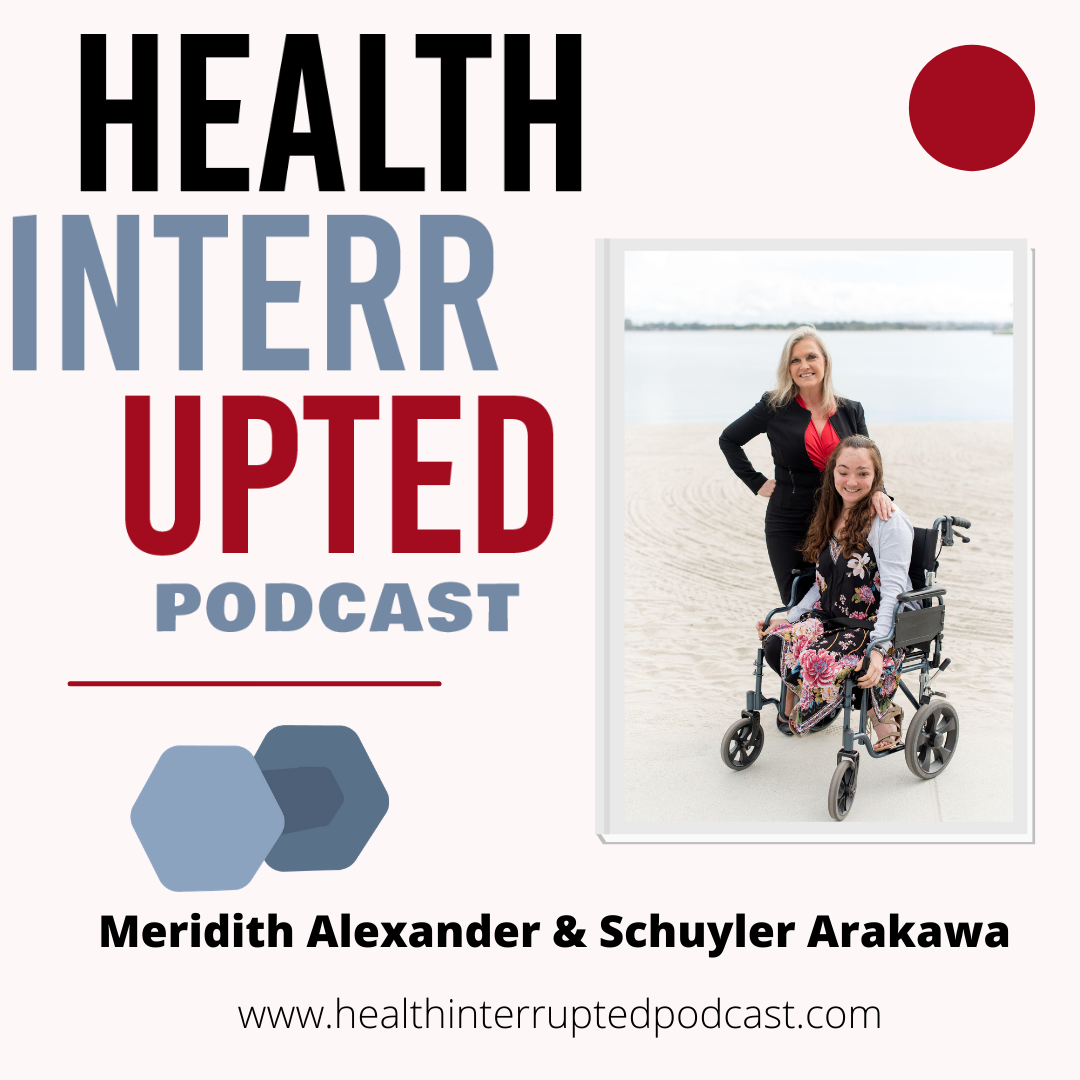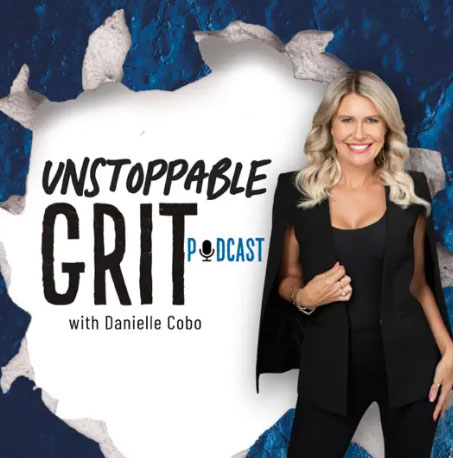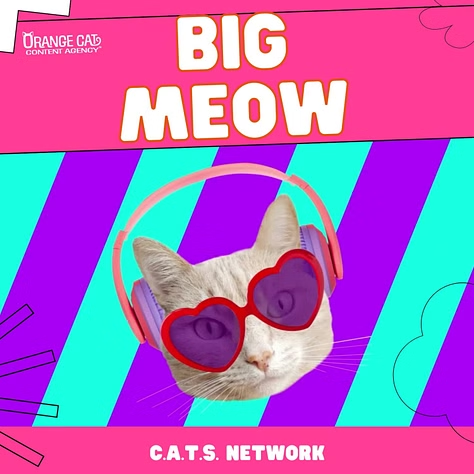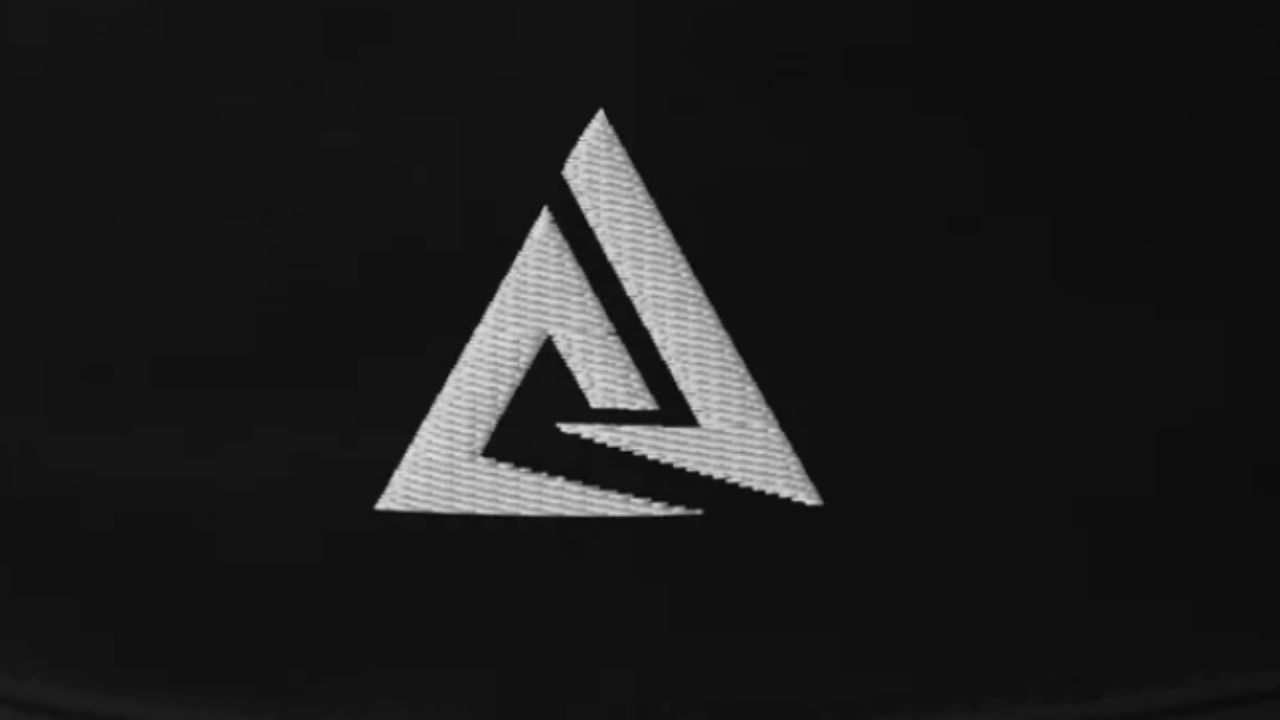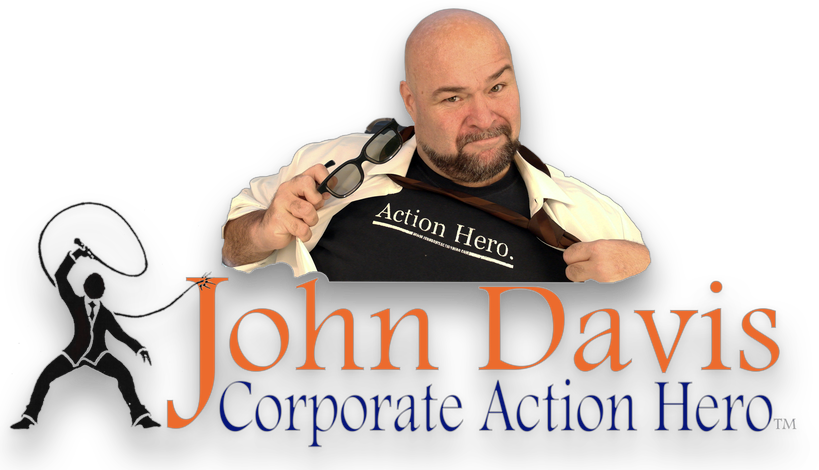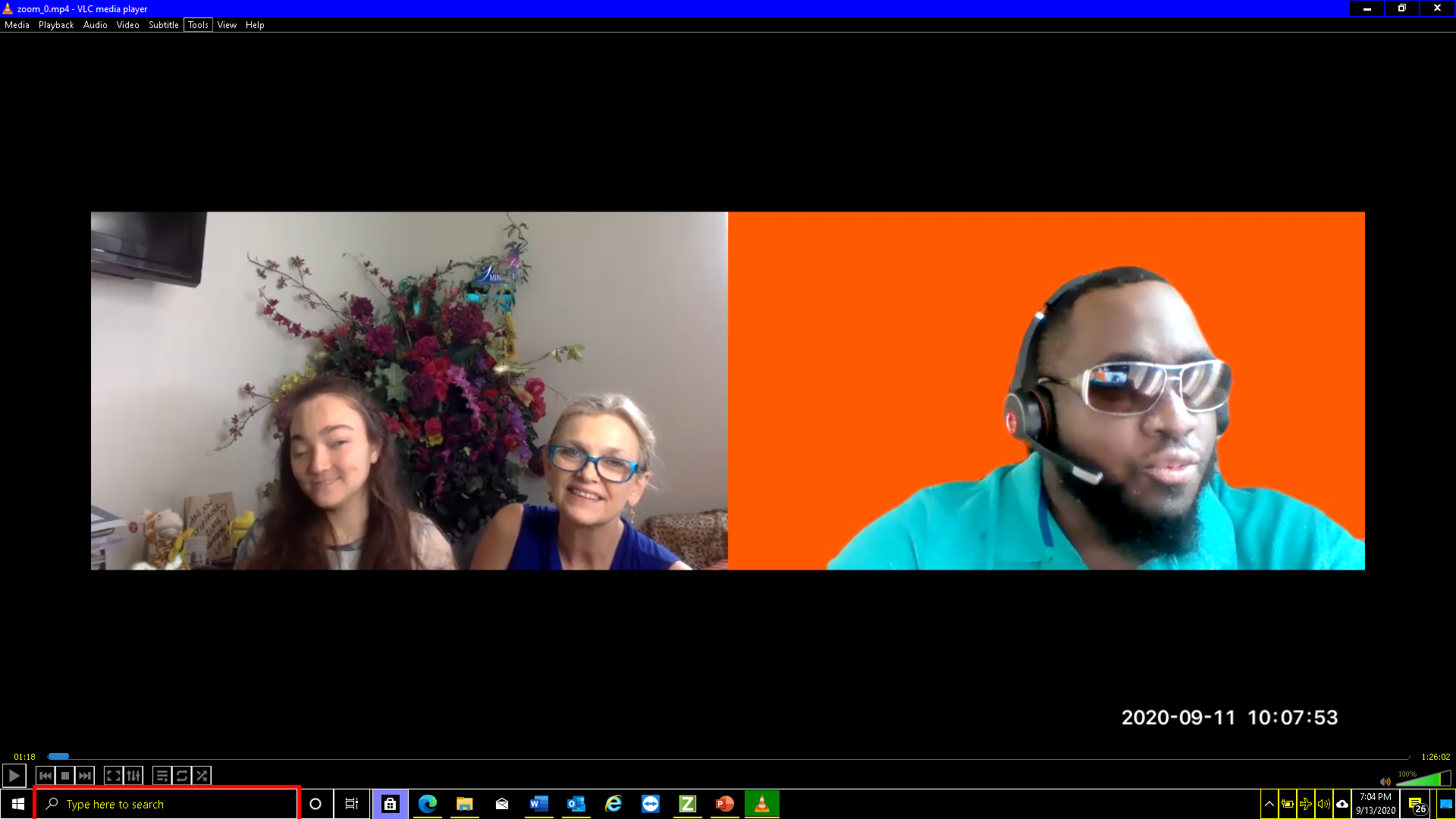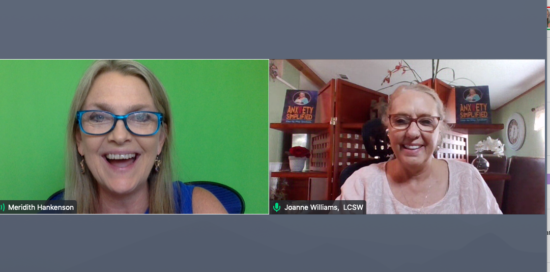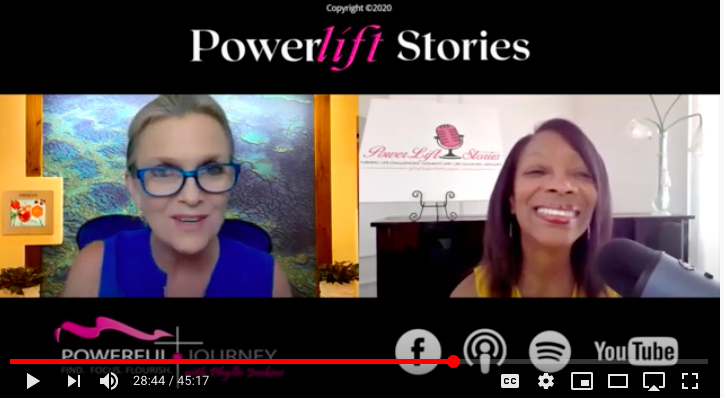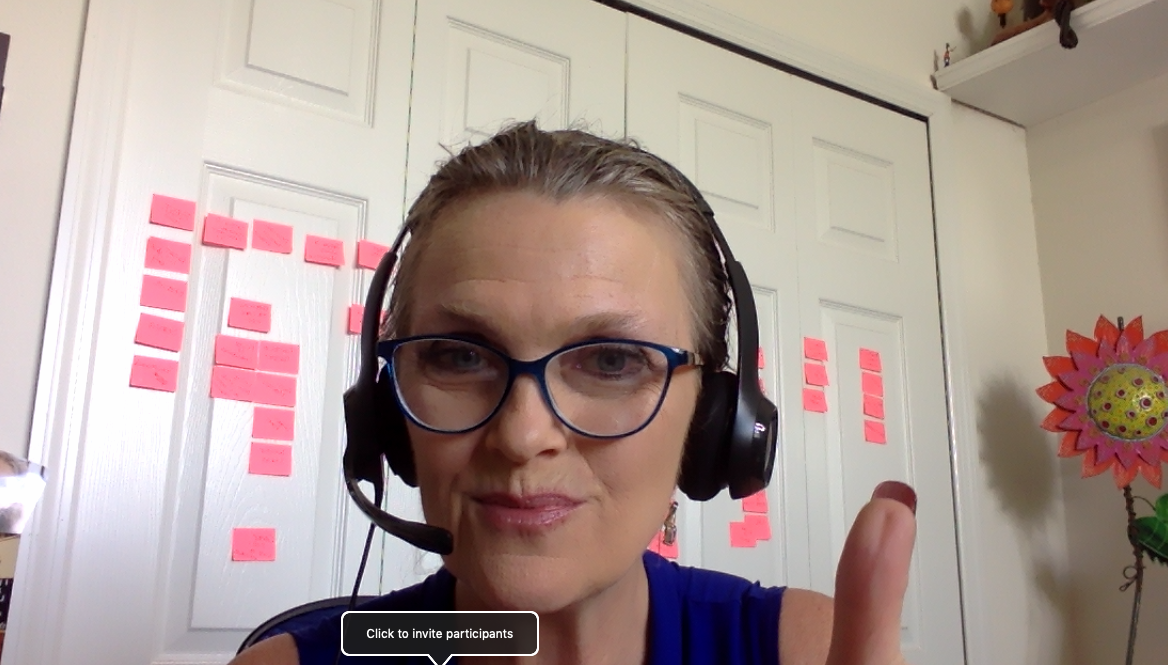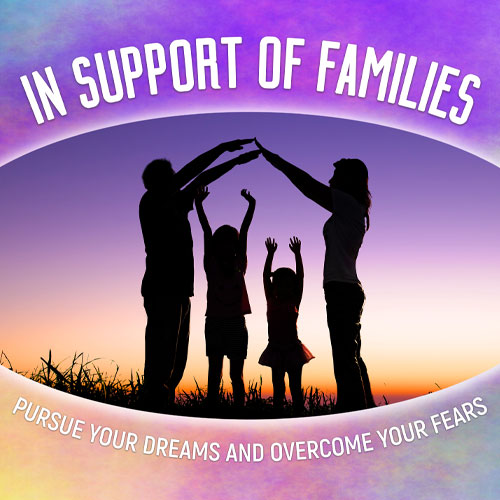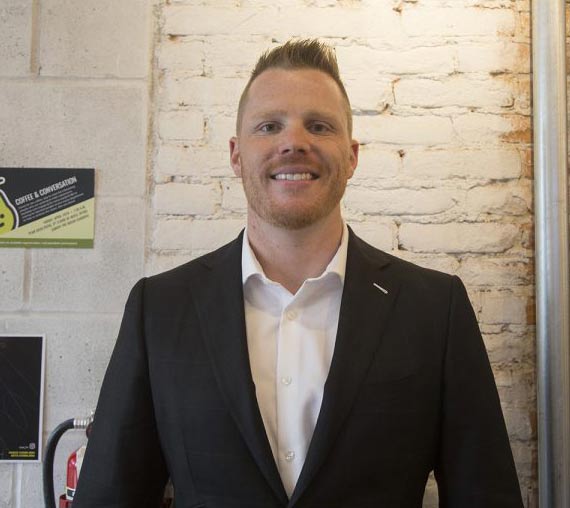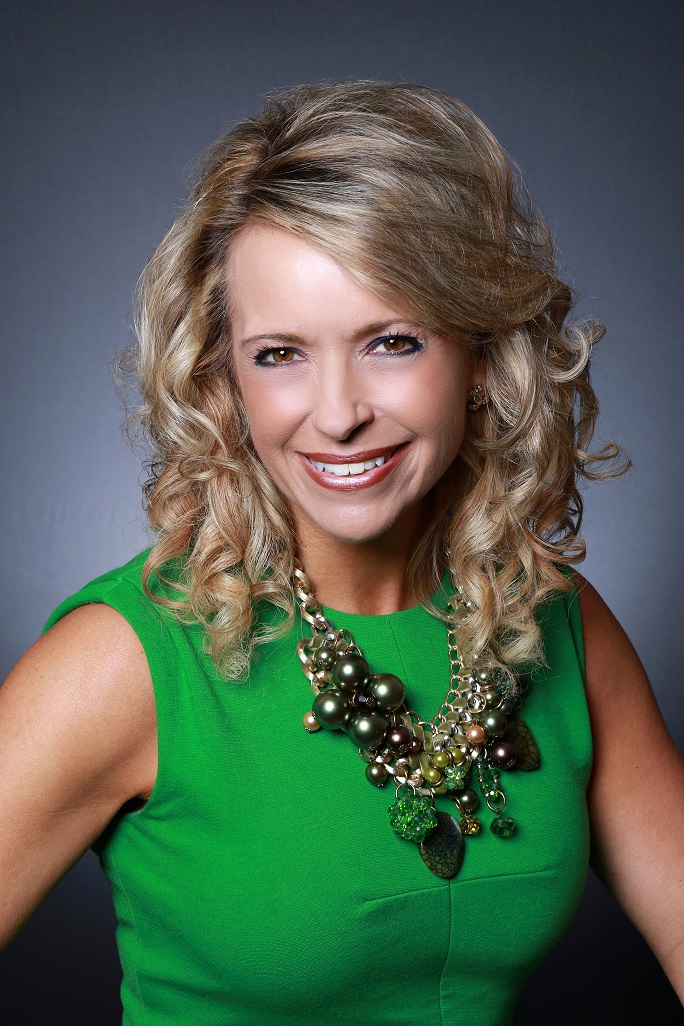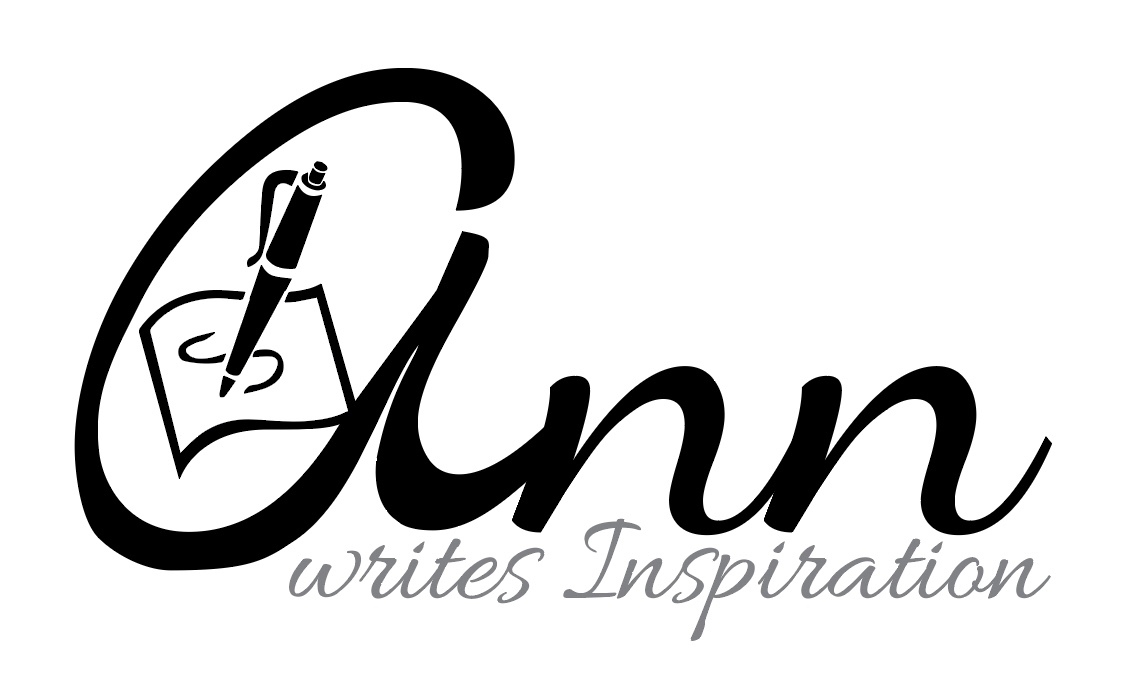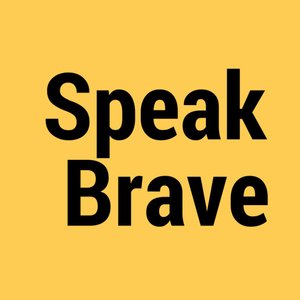February 19, 2016, had been a strange day filled with premonitions. I work from home as a talent agent for entertainers, and it was my busy season. At noon, I became inexplicably exhausted. I rarely nap, but I lay down on my bed and fell into a deep sleep. I woke 3 hours later with a start and went into the kitchen. My phone started ringing. I was going to ignore the call, but something told me I should pick up.
As soon as I answered, I could tell by the caller’s breathing that she had awful news. The young woman on the line told me that my 22-year-old daughter, Schuyler, had been in a terrible accident and that, thousands of miles away in Colombia, she was fighting for her life.
The youngest of my three children, Schuyler, after graduating from Yale University, had gone to South America in the spirit of adventure and out of concern for others. As an undergraduate, she’d cofounded a branch of an organization that inspires students to address inequality and protect the environment. Now, through a fellowship, she was building schools, learning to farm, and studying handmade goods in Peru.
Schuyler had taken a brief vacation to visit Colombia with a friend. On the call, in the midst of panic and grief, I learned that the accident had occurred during a rafting trip. Their group had pulled up to shore so the paddlers could take turns jumping off a cliff into the river. Wearing her life jacket, Schuyler was bobbing in the water when a boulder dislodged from the mountainside, careered off the cliff, and smashed down onto her head. At first, no one knew she’d been injured, but when her body floated to the water’s surface, they saw the blood. The boulder had crushed the front of Schuyler’s skull, leaving a hole in her forehead. Later, we would find out that it had also fractured her spine, broken both shoulder blades, snapped her right thigh, shattered her ankle, and collapsed her lungs.
Her friend and the raft guides pulled Schuyler out of the water, loaded her into a van, and held her for 40 minutes as they sped over a bumpy dirt road to a waiting ambulance. A hospital in the town of Socorro, which had one of the few intensive care units in Colombia, was another 20 minutes away. A leading neurology surgeon lived nearby and rushed to the hospital to save my daughter.
Nothing could have prepared me for the challenge I faced, even though I had weathered my share of troubles. I’d been a single mother for almost 2 decades. The children’s father and I rarely spoke. I felt guilty that Schuyler; her sister, Saya; and her brother, Linden, had no father figure. In need of help with the kids and my finances, I’d made some poor choices that landed me in abusive relationships. It was hard on all of us, but we emerged stronger and more unified as a family. And in recent years, my life had improved. I had started my own agency in Tampa representing performing artists—and I’d found new love. “Now you’re ready,” the universe seemed to say. “Now you can have a full life.”
I knew that Schuyler might die before I was able to hold her living, breathing body again and immediately called Linden, Saya, and my mother. While I tried to prepare for an indefinite length of time away from home, friends and family searched for flights that would get Saya and me to Bogotá and then Socorro.
On the plane, I swung between disbelief and guilt, wondering if I could have prevented this accident by clipping Schuy’s wings a little bit. But I knew that would have been impossible. With Schuy, it wasn’t if she’d do something extraordinary, it was when. She was the sunshine in our family. What a wonderful life she had ahead of her, and now, suddenly, she might leave us. I wept while thinking the worst.
My shock then took a turn, and I had another thought: Because of who Schuyler was and all she meant to us, the last thing I should do was succumb to despair. I had long believed that if you can mentally transform a desire into an expectation, life will sometimes deliver what you hope for. Some people call this faith. I call it pivoting. It’s the process of stopping destructive thoughts and consciously exchanging them for the best possible outlook. I’d honed this method of dealing with difficult situations, influenced by the writing of inspirational speaker and author Esther Hicks. Now I had to call on it for something I never could have anticipated.
Before the plane touched down, I promised myself that I wouldn’t arrive at the hospital a distraught mother but instead would stay focused, ready to do whatever I could to help my daughter.
Seeing Schuyler for the first time in that hospital bed challenged my conviction. The x-rays revealed that her eye sockets had been broken, and there was a huge hole in the front of her skull. The doctors told me she had a traumatic brain injury and was unlikely to survive the week. Even if she did, they said, she would almost certainly be blind and possibly paralyzed. I could have collapsed, but I pivoted instead. As I sat next to her bed, I sent Schuyler every ounce of positivity I could muster. I don’t know if my invisible effort had anything to do with what happened the next morning: A CT scan of Schuy’s brain showed that the swelling in her brain had decreased significantly. The surgeon called it a miracle.



